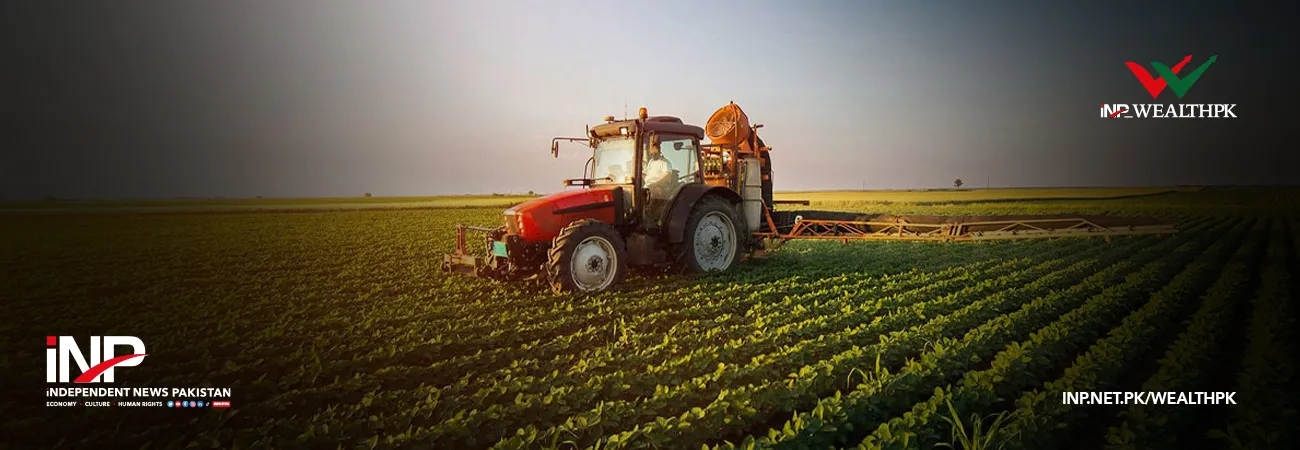INP-WealthPk
Ahmed Khan Malik
The Sindh government’s agriculture policy developed under the 18th Constitutional Amendment is aimed at enhancing food production through better irrigation means and water management to help ensure food security in the country. The policy is in accordance with the Pakistan Vision 2025. Pakistan is facing food insecurity despite being an agriculture-based economy. Pakistan’s current water availability is less than other countries in the region, thus making it ‘water stressed’ and pushing it towards a ‘water scarce’ country. The Sindh government’s policy is in line with the National Water Policy 2018, which is a national framework within which the provinces will develop their master plans for sustainable development and management of water resources. “The Sindh Agriculture Policy also aims to increase the agriculture sector growth as well as take necessary steps to ensure food security and facilitate a greater attention to sustainability,” said Mukhtar Junejo, coordinator of the policy in the Sindh agriculture department. He said that the provincial government would promote technological improvements by launching effective and efficient programmes in order to enhance growth, food production and nutrition. He said that the financing of the initiatives under this policy would be provided by the World Bank. “Around 90% of the project cost will be financed by the World Bank, while 10% will be financed by the government of Sindh.”
Elaborating the specific agriculture growth envisioned in this policy, he said that formulation of agriculture policy was required under the 18th Constitutional Amendment. Mukhtar said the policy covered crops, livestock, fisheries and forestry. “The government wants to create efficient, prosperous and resilient agriculture and livestock sectors that can provide good incomes and decent employment to those involved in production, processing, transport and storage; and at the same time, provide safe, nutritious and cheap food to population.” Mukhtar said the policy would help adjust the role of the government in agriculture and water management and facilitate a transformation in the three dimensions – agriculture, water resources, and water service delivery. “These three dimensions are inter-dependent. Higher value and more water-efficient agriculture requires better irrigation services, perhaps the single most important input for agriculture in Sindh. Irrigation needs to be placed within a broader water resources management system to function efficiently and sustainably. The environmental degradation caused by the poor irrigation and water management practices is undermining the resource base, upon which Sindh’s rural economy depends,” he noted.
Credit: INP-WealthPk













